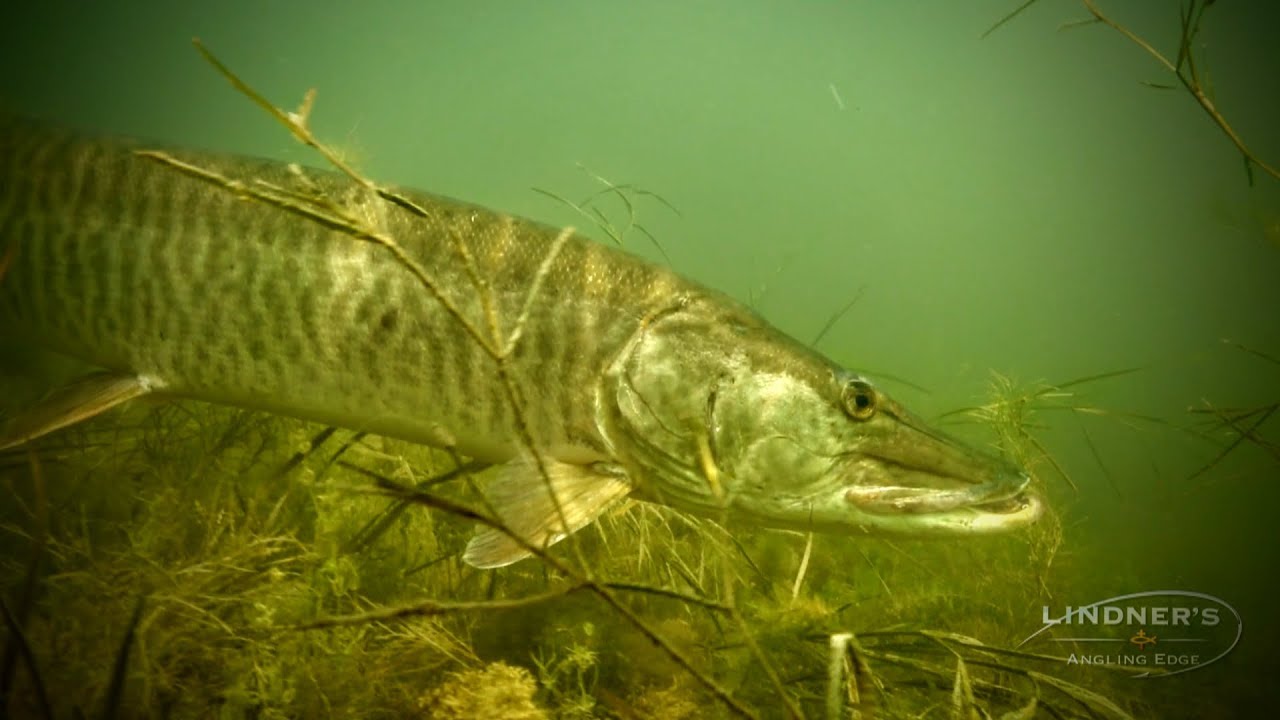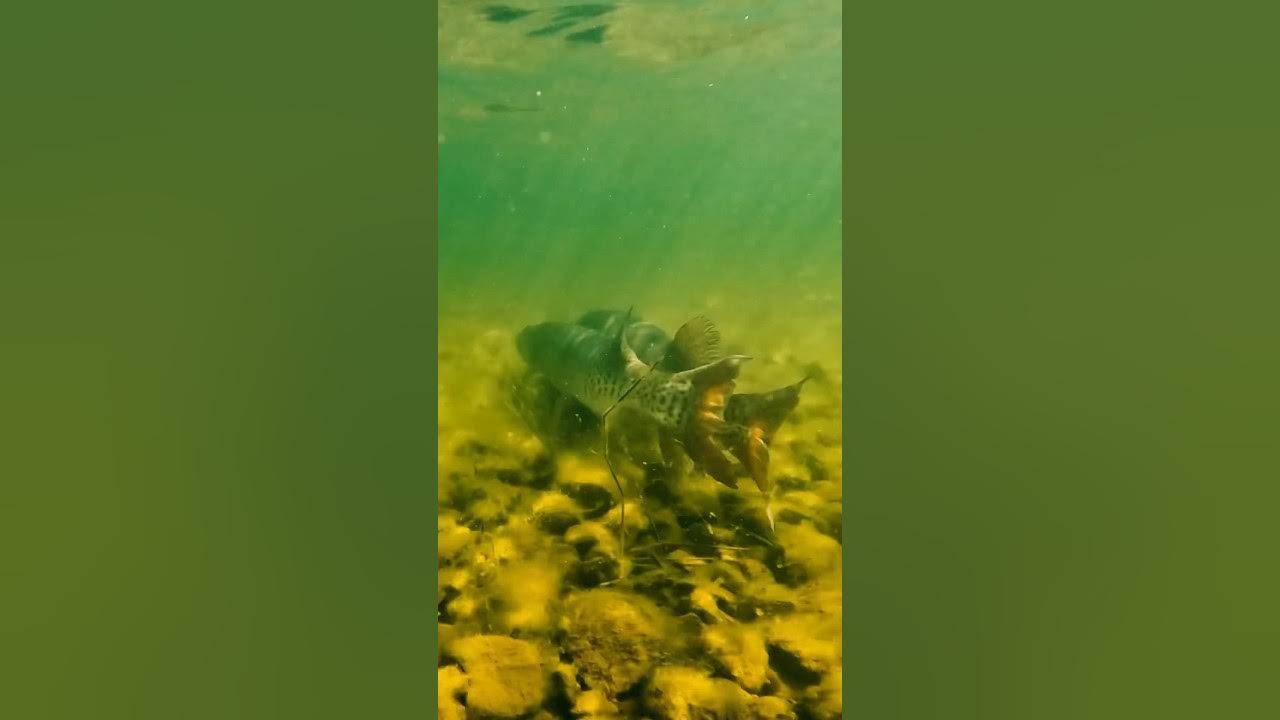FALL WATER FLIP
The shorter days, cooler nights and the changing color of leaves mean fall has arrived and lakes will turnover soon. As of this writing, leaves are off the trees, the night temperatures are upper 30s and most water temperatures are hovering around 48/51 degrees, so I’m thinking lake turnover will be coming soon if not already happening on smaller shallower lakes. I’m going to explain lake turnover without getting too scientific because, I think people put too much into the how’s and why’s of this transition. The truth is, fall turnover depends on the size and depth of lakes. Small lakes that do not have a thermocline do not turnover. The only way to really know the start of turnover is with a thermometer. Some older guides say, they know turnover is happening because of the smell of the lake. (MORE ON THAT LATER). SO, WHAT IS FALL TURNOVER. Ok, the top sinks and the bottom rises. There you have it, that is turnover. Seriously, that’s pretty much it. But here is a better explanation.
Basically, lakes have three layers,
1) EPILIMNION, is the upper layer that is warmer, with moderate to high leaves of oxygen.
2) HYPOLIMNION, is the deep water that is the coolest and has no or little oxygen.
3) THERMOCLINE, Anglers know this is the transition layer between the warmer water above and the cooler water below.
When the lakes surface temperature reaches around 50 degrees, the top highly oxygenated water layer becomes denser and will start to sink. This causes the colder poorly oxygenated less dense water to rise to the top. At this point the entire lake temperature becomes similar with oxygen distributed throughout the lake and turnover will be complete at 39 degrees.
So how is it possible some can smell turnover. The poorly oxygenated bottom of the lake has decaying matter and sulfurous gases and when this colder water is pushed to the surface the lake can have a slight rotten egg smell. Does this mean there is something wrong with the lake? NO, not at all. Actually, this helps clean the bottom and adds oxygen for the new deep weeds to grow come early summer.
Well, that is the basics of fall turnover and see, I didn’t get too scientific on you. Fishing can be tuff during this turnover, but I will write about that next week. Come spring, I will cover SPRING TURNOVER (YES, THIS HAPPENES) and how it will affect your fishing.




